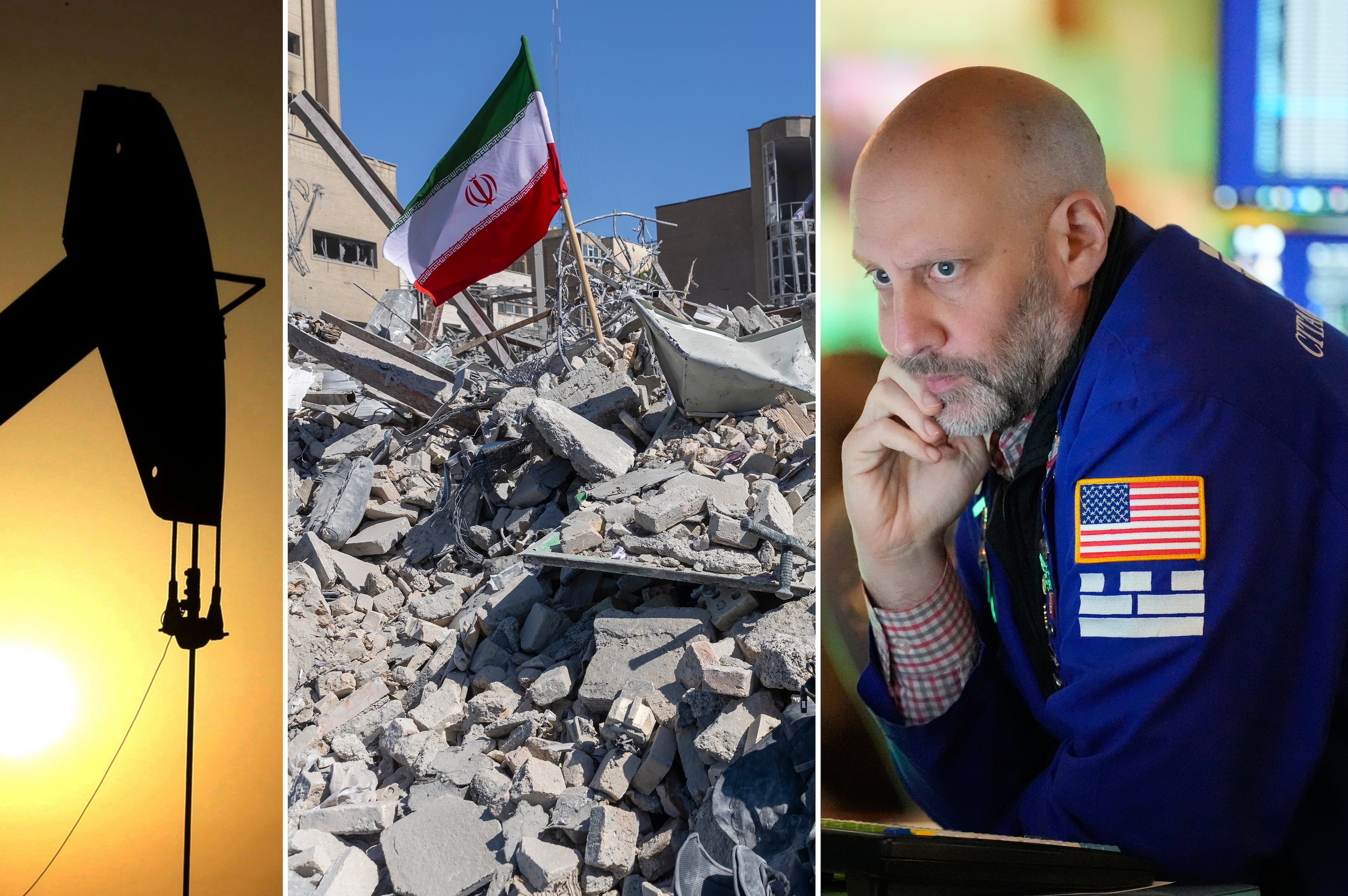Airport job calls for skill and thick skin
Wanted: General manager for airport serving nearly 90 million passengers annually. Must answer to fractious city council, keep airline tenants happy and oversee massive construction work. Thin-skinned need not apply.
That, in a nutshell, is the job available at Hartsfield-Jackson International Airport as current manager Ben DeCosta prepares to step down June 30.
Atlanta Mayor Kasim Reed, who did not try to retain DeCosta, now faces one of the biggest appointments of his young administration. He has said he'll name a search committee by late May and expects to have a successor lined up by the time DeCosta leaves.
Industry observers say it's one of of the most prestigious jobs in aviation, but also one of the thorniest.
The airport chief spends a fair amount of time navigating minefields -- dealing with the relationship between Atlanta and hometown carrier Delta Air Lines, answering to a mayor and a council that may have competing interests. He or she must also maintain good relations with AirTran Airways, whose largest hub is at Hartsfield-Jackson and whose chief competitor in Atlanta is Delta. There are also numerous other airlines, concessionaires and contractors.
And then there's the endless task of maintaining smooth service for passengers going through Hartsfield-Jackson.
Major projects ahead: completing the long-awaited international terminal, which will fundamentally change the way the airport works. The next manager will also likely see continuing discussions on whether Atlanta should have a second airport and may weigh whether to add a sixth runway.
Managing the world's busiest airport requires "an effective communicator, a good manager and a high degree of political acumen," said Ron Fennel, a consultant who represents clients including the Atlanta Hotel Council and has dealings with airport officials.
"The next 10 years will be crucial to Atlanta as it relates to the airport and its growth," Fennel said. "By opening an international terminal of the magnitude that Hartsfield-Jackson is, it will be an important next step in Atlanta's development as a true leader in the Southeast."
The payoff: One of the biggest paychecks in city government. DeCosta's last contract, approved in 2007 by the City Council, was for $255,000 a year with a 4 percent annual increase.
The position "probably for almost anyone . . . would be seen as one of the really capstone or pinnacle professional challenges in their airport management career," said Dan Petree, professor and dean of the college of business at Embry-Riddle Aeronautical University in Daytona Beach.
But the job has had a checkered past. Former Atlanta airport commissioner and City Council member Ira Jackson was convicted in 1994 of 130 counts of mail fraud, bribe-taking and tax evasion involving more than $1 million in payoffs. One of his successors was booted for lavish spending on an airport celebration and then reinstated.
DeCosta's 12-year tenure was relatively smooth by comparison and featured completion of the fifth runway. Yet Reed wanted a fresh start.
The dominance of Delta Air Lines, which controls about three-quarters of the passenger traffic and is by far Hartsfield-Jackson's biggest tenant, poses a particular challenge environment for an airport manager of such a large airport.
"It's like any other enterprise that has a dominant client -- you've got to pay particular attention to their needs," Petree said. "That doesn't mean you always agree with them, that doesn't mean you let them dictate to you. That means you would ignore their needs and desires only at your peril." That could involving making sure problems are solved in a way that enables both Delta and others to gain, he said.
Delta, for its part, said in a written statement, “The city has chosen strong, visionary individuals to lead the airport in years past, and we trust Mayor Reed and the city council will continue this tradition.”
Hartsfield-Jackson's status as a city-run airport as opposed to one governed by a separate airport authority means most significant decisions on contracts or other issues must go before Atlanta City Council. Technically, the airport manager is simply another city department head, in this case the Department of Aviation, overseeing about 600 employees and a $400 million dollar annual budget.
In such an arrangement, "the tendency is for too many of the city officials to get involved," said Pauline Armbrust, president and chief executive of trade publication Airport Revenue News. "It gets a little more political than if you have an authority board," whose members may have less of a political stake in airport affairs, she said.
Some other large hub airports like Dallas-Fort Worth and New York's John F. Kennedy International and La Guardia are run by airport authorities or boards, rather than as city departments.
That could be an adjustment for airport managers coming from an airport authority, as DeCosta did when he came from the Port Authority of New York & New Jersey to Hartsfield-Jackson.
"The ones that are county- or city-governed, the processes are slower, it's just harder to run an efficient operation," Armbrust said. "I think that's why Ben DeCosta was such a strong leader, because he did keep a lot of the politics out of the process."
Atlanta airport chiefs
- Ben DeCosta, 1998-June 2010. Came from: Port Authority of New York and New Jersey. Contract not renewed.
- Angela Gittens, 1993-1998. Came from: San Francisco International Airport. Contract not renewed.
- Michael Pack, acting aviation commissioner, 1993. Fired after audit of improper expenditures for $750,000 for airport celebration, and then reinstated with a 30-day suspension. Former public works commissioner.
- Max Walker, acting aviation commissioner, 1992-1993. Resigned after dispute with mayor. Former deputy aviation commissioner.
- Ira Jackson, 1990-1992. Resigned at threat of suspension pending investigation, later sentenced to 42 months in prison. Former Atlanta city councilman.
More Stories
The Latest


